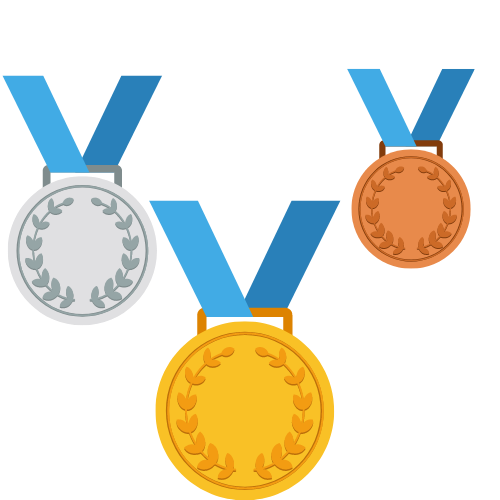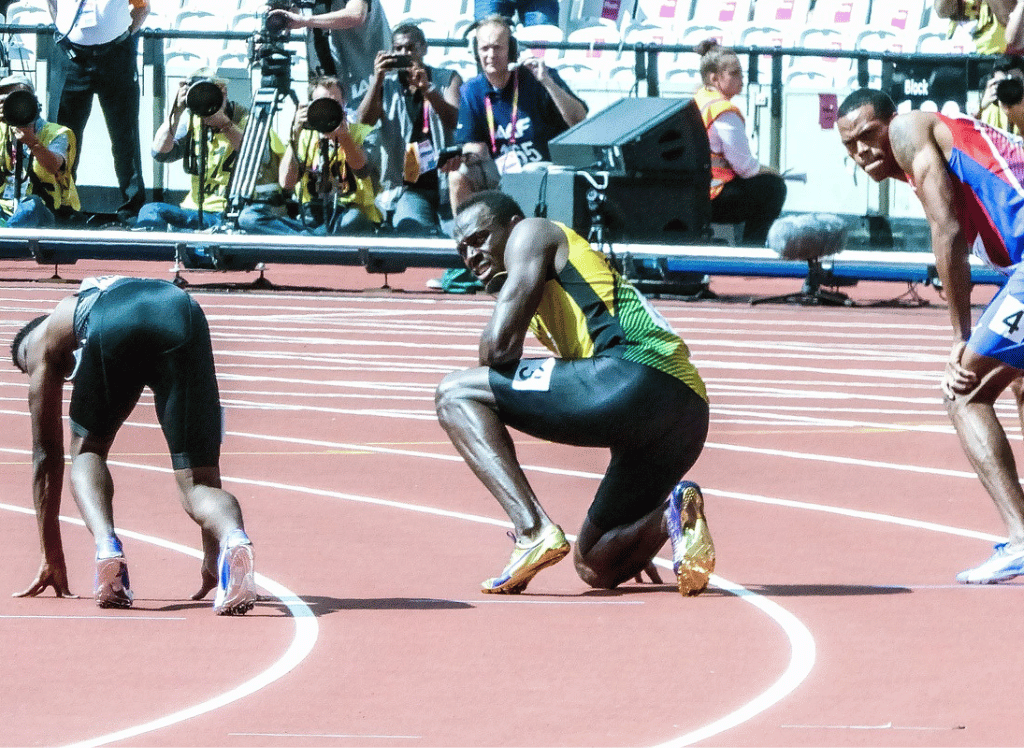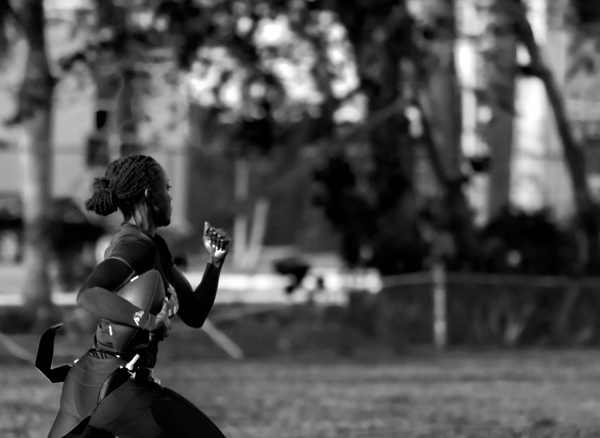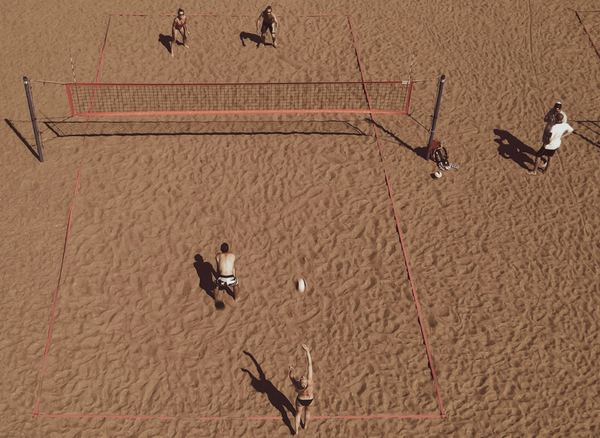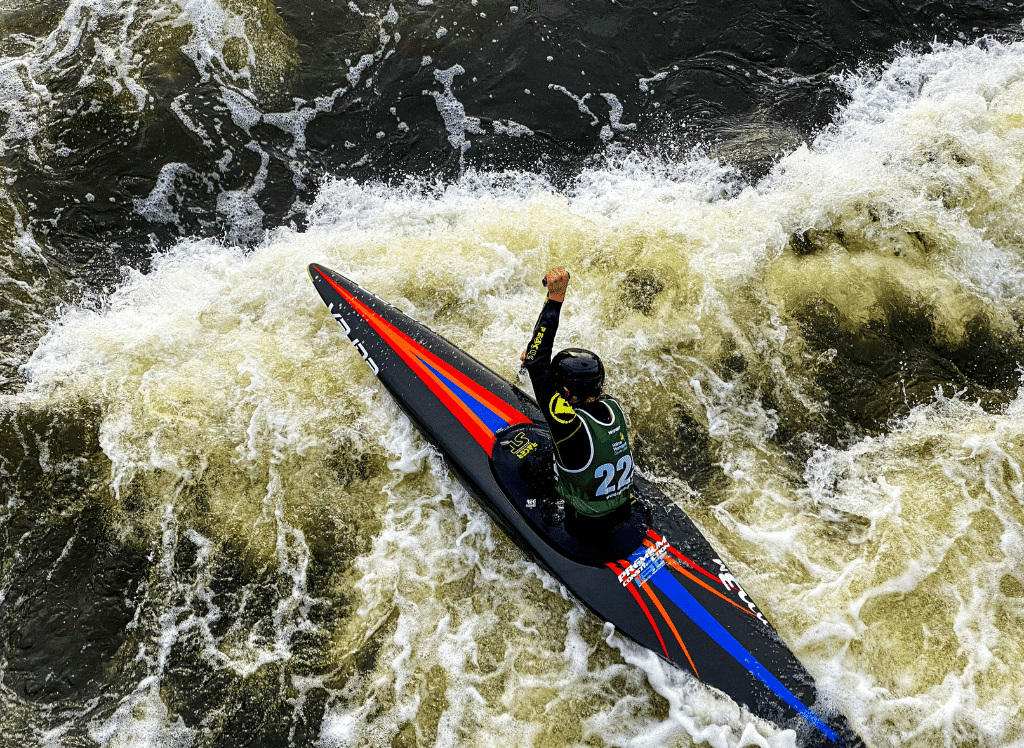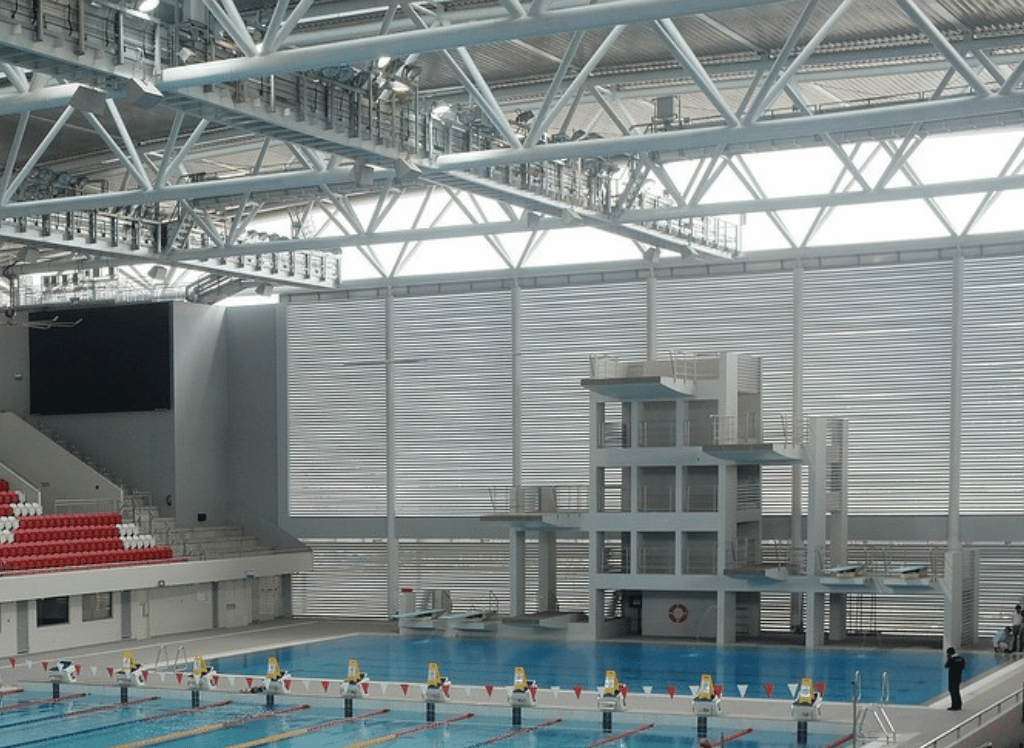Special Olympics is a global movement that provides year-round sports training and competition opportunities for children and adults with intellectual disabilities. Founded by Eunice Kennedy Shriver, the organization aims to create inclusive communities and offer transformative experiences through sports. Special Olympics Volleyball is one of the many Olympic-type sports offered, allowing athletes to experience joy and build self-confidence.
The Birth of Special Olympics
Special Olympics began in 1968 with the first games held at Soldier Field in Chicago. Eunice Kennedy Shriver's vision was to provide people with intellectual disabilities the same opportunities as other athletes.
Today, Special Olympics has grown to include millions of athletes around the world, offering a variety of sports, including volleyball, to foster physical activity and well-being.
Year-Round Training and Competition
Volleyball in the Special Olympics offers year-round athletic competition for athletes. This continuous engagement helps athletes develop physical fitness, demonstrate courage, and build social skills. Coaches, athletes, and unified partners work together to create a supportive environment that encourages growth and development.
Unified Sports
Unified Sports brings together athletes with and without intellectual disabilities on the same playing field. This inclusive approach helps break down barriers and fosters understanding and friendship. Unified partners play alongside Special Olympics athletes, creating a unique and enriching experience for all participants.
Health and Well-Being
Special Olympics provides free health screenings and promotes physical fitness among its athletes. These initiatives help improve the overall well-being of participants, ensuring they are healthy and ready to compete. The focus on health extends beyond the playing field, impacting the lives of athletes and their families.
Building Self-Esteem and Social Skills
Participation in Special Olympics Volleyball helps athletes build self-esteem and develop social skills. The sense of accomplishment from competing and the camaraderie with teammates contribute to a positive self-image. These experiences are invaluable in helping athletes navigate their daily lives with confidence.
Upcoming Events and Opportunities
Special Olympics hosts a variety of events throughout the year, including summer games and winter games. These events provide continuing opportunities for athletes to compete and showcase their skills. Families, volunteers, and government officials often attend these events, supporting the athletes and celebrating their achievements.
The Transformative Power of Special Olympics
The transformative power of Special Olympics Volleyball lies in its ability to change attitudes and create inclusive communities. By participating in these programs, athletes and unified partners experience joy, build lasting friendships, and develop a sense of belonging. The impact of Special Olympics extends far beyond the court, touching the lives of everyone involved.
Special Olympics Volleyball FAQs
What is Special Olympics Volleyball?
Special Olympics Volleyball is a program that provides year-round training and competition opportunities for athletes with intellectual disabilities. It aims to foster inclusion, build self-esteem, and promote physical fitness.
How can I get involved with Special Olympics Volleyball?
You can get involved by volunteering, becoming a unified partner, or supporting upcoming events. Visit the Special Olympics website for more information on how to participate.
What are the benefits of participating in Special Olympics Volleyball?
Participants benefit from improved physical fitness, enhanced social skills, and increased self-confidence. The program also provides a sense of community and belonging for athletes and their families.
Summary
Volleyball is more than just a sport; it's a movement that fosters inclusion, joy, and personal growth for people with intellectual disabilities. Through year-round training, competition opportunities, and unified sports, athletes build self-esteem, develop social skills, and improve their overall well-being. The transformative power of Special Olympics continues to change lives and create inclusive communities around the world.
